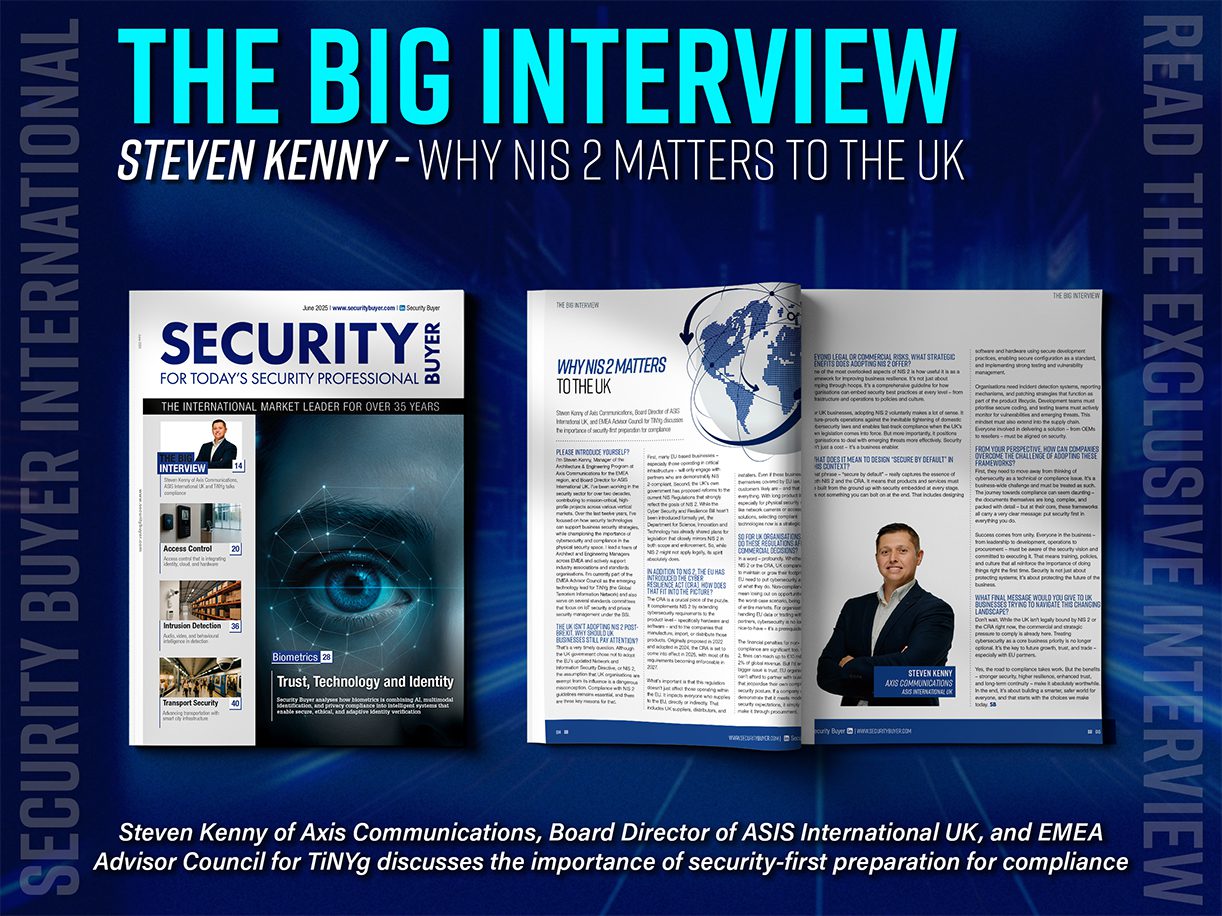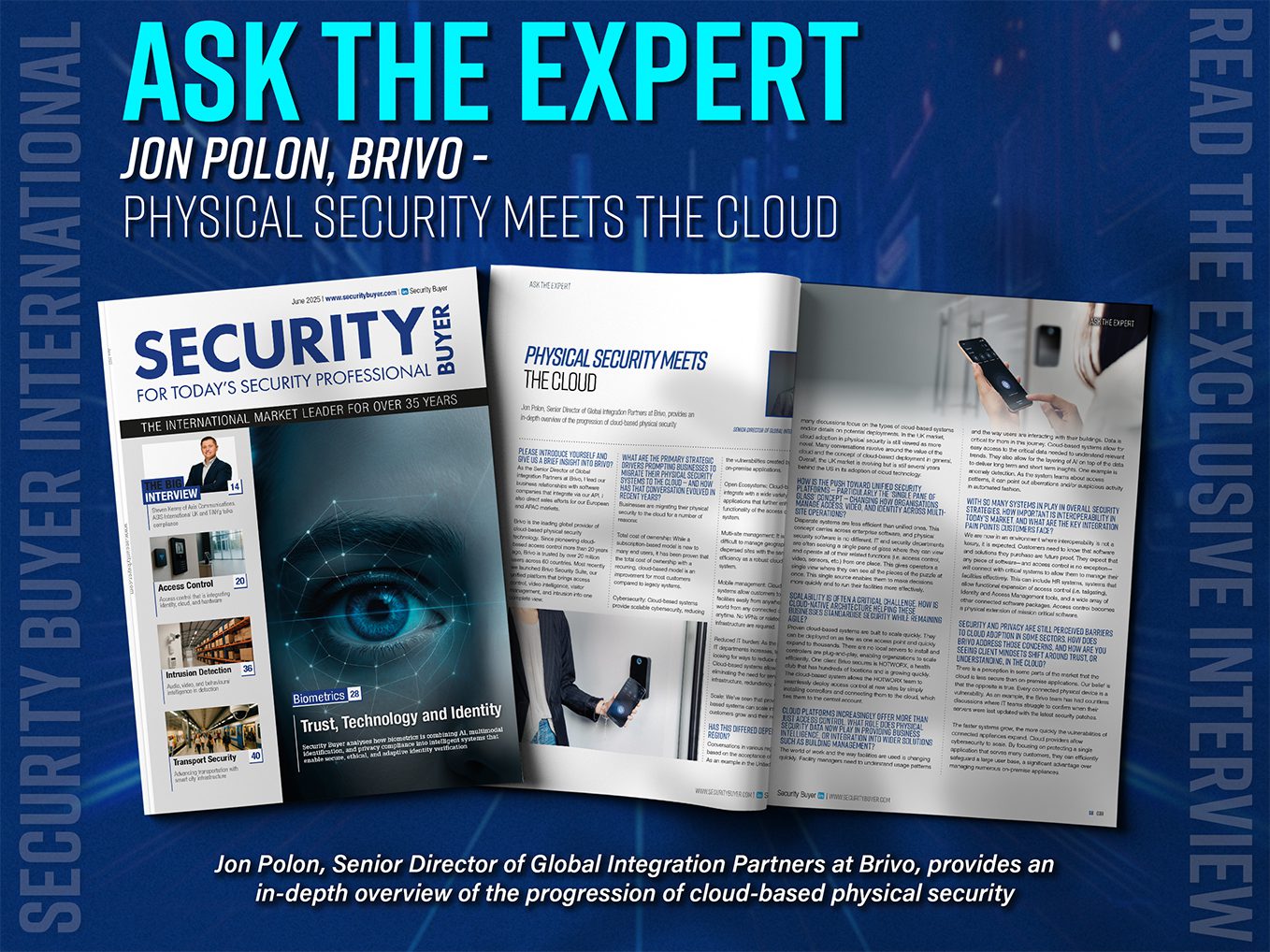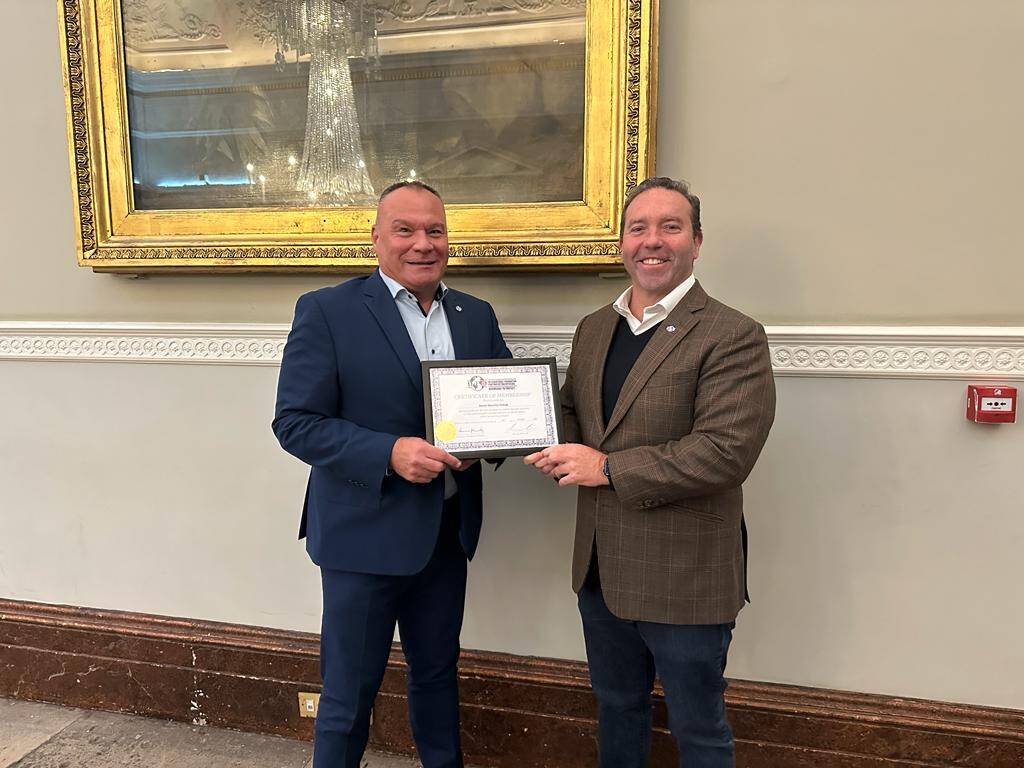Quis custodiet ipsos custodes?

Who will guard the guards themselves (or who watched the watchmen) is hardly a new phrase, having been coined around the turn of the second century CE by the Roman poet Juvenal: it is however still a pertinent one.
I was recently invited to a meeting with the new SIA chief executive Alan Clamp, and whilst it would not be proper to elaborate on our discussions, it is clear that the future for security licensing is far from clear. Hopefully we will have a better idea once the triannual review (which starts in November) is completed. Incidentally, Alan will be attending and speaking at the ASIS Winter Seminar on December 10th in Canary Wharf, London – [email protected] for more details.
Most people I speak to in the industry favour business licensing, but there is a debate on what is the best way forward; initially on the existing licensable activities but then probably moving on to investigators, whatever that means (would an investigative journalist need a license for example?)
Licensing apart, another way to maintain quality in the security sector is to ensure adherence to national and international standards. As an ANSI Accredited Standards Developer, the development of these is a core activity of ASIS International. Most relevant to this discussion are the PSC Series of Standards (Private Security Company), one of which has been adopted by the UK’s Foreign and Commonwealth Office. Developed by more than 200 experts from 24 countries, this series helps private security service providers or private security companies (collectively referred to as “PSCs”) ensure quality of service, manage risks, and protect human rights in areas of the world where rule of law has been undermined due to acts of war or natural disaster, including the maritime environment.
The two most recent standards were both launched in October 2015.
The first of these, which may help to inform the discussion over the licensing of investigators, is Investigation (ANSI/ASIS INV.1-2015). This Standard provides guidance for conducting investigations. It provides guidance on establishing investigative programs as well as the conduct of individual investigations, including the competence and evaluation of investigators.
Whilst not a licensing issue, the other new standard should prove to be a useful tool in the security manager’s arsenal.
Risk Assessment ANSI/ASIS/RIMS RA.1-2015 provides guidance on developing and sustaining a coherent and effective risk assessment program including principles, managing an overall risk assessment program, and performing individual risk assessments, along with confirming the competencies of risk assessors and understanding biases.
More details of these standards can be found on the ASIS website: www.asisonline.org.
I hope that these standards prove useful to you and like me I am sure you are waiting with antici…………pation for the SIA review.
Correction: In the SecurityNewsDesk Newspaper Issue 15, page 23, Mr Alan Clamp, SIA chief executive, was mistakenly referred to as ‘Mr Peter Clamp’. SND apologises for any confusion this may have caused.
[su_button url=”http://www.asis.org.uk/” target=”blank” background=”#df2027″ color=”#ffffff” size=”10″ radius=”0″ icon=”icon: arrow-circle-right”]For more on the ASIS UK Chapter click here[/su_button]
























